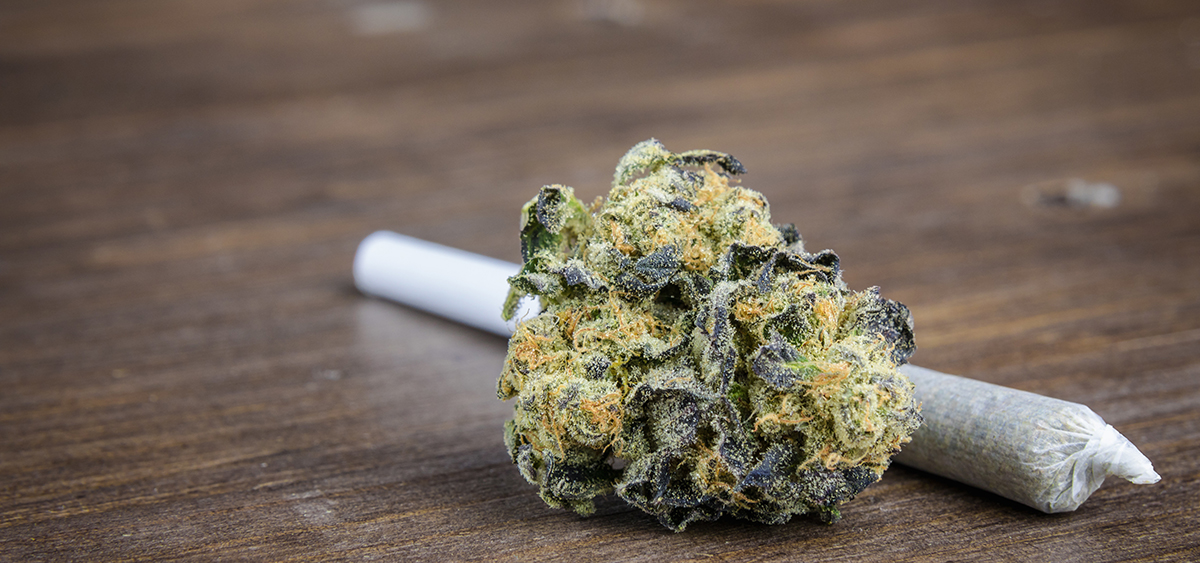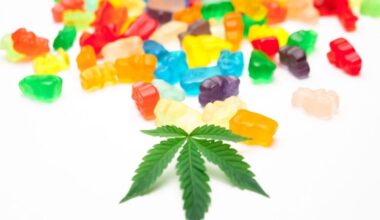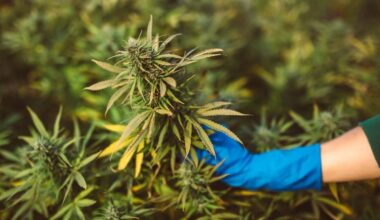A study by the University of Buffalo and University of Michigan shows that even enthusiastic cannabis consumers can have a low level of knowledge about THC, CBD, and effective dosing.
The researchers surveyed about 500 attendees of the Hash Bash in Michigan, asking them to fill out a 24-item questionnaire. Of the respondents, two-thirds said they consumed cannabis daily – with 85 percent claiming use for health or medical benefits – and 78 percent said their cannabis knowledge came from their own experiences. Another 18 percent said their knowledge of cannabis dosing was from their primary care provider, while 23 percent said they got their information from a medical cannabis caregiver or dispensary.
The survey asked participants what amounts they considered to be effective doses for CBD and THC and included a box for “I don’t know.” The majority (53 percent) ticked the “I don’t know” box for THC dosages and 68 percent for CBD dosages. Another question asked what the participant thought were the percentages for high and low THC and CBD strains. The majority of respondents (58 percent) believed that a low-THC cannabis strain was 20 percent THC or higher – which is considered a high-THC strain. Another 22 percent said a low-THC strain was 40 percent THC or higher – a level that exceeds anything available commercially.
Cannabis products in Michigan‘s legal market are required to list cannabinoid content on product packaging.
The vast majority – 86 percent – of respondents believed that a low-CBD strain was 10 percent or higher – which would actually be considered a high-CBD strain. About half believed that a low-CBD strain contained 30 percent CBD or higher, which exceeds the CBD level of any existing strain.
Other participants gave estimates of 91 milligrams as an effective dose for THC and 177 milligrams for CBD, while one participant said that 1 million milligrams (or 1 kilogram) of THC was an effective dose. Daniel Kruger, PhD, lead author of the study and research investigator with the Population Studies Center at the University of Michigan, noted that a kilogram of THC would “fill an entire football stadium full of people and get them all high.”
“Even the people who are most enthusiastic have very poor knowledge of cannabinoid content. They greatly overestimated how much THC and how much CBD was in various strains, and what the effective dosages were. … We really have to educate people. This has very real consequences, because these compounds have differential effects.” – Kruger in a statement
While the survey certainly demonstrates a need for increased education among some cannabis consumers, it has obvious limitations, primarily sample size — the survey only features attendees at a specific event in Michigan — and potentially presentation, as many consumers do not think about cannabis doses in milligrams.
The study, “Frequent cannabis users demonstrate low knowledge of cannabinoid content and dosages,” is published in the Drugs: Education, Prevention and Policy journal.
Medical Disclaimer:
The information provided in these blog posts is intended for general informational and educational purposes only. It is not a substitute for professional medical advice, diagnosis, or treatment. Always seek the advice of your physician or other qualified healthcare provider with any questions you may have regarding a medical condition. The use of any information provided in these blog posts is solely at your own risk. The authors and the website do not recommend or endorse any specific products, treatments, or procedures mentioned. Reliance on any information in these blog posts is solely at your own discretion.






